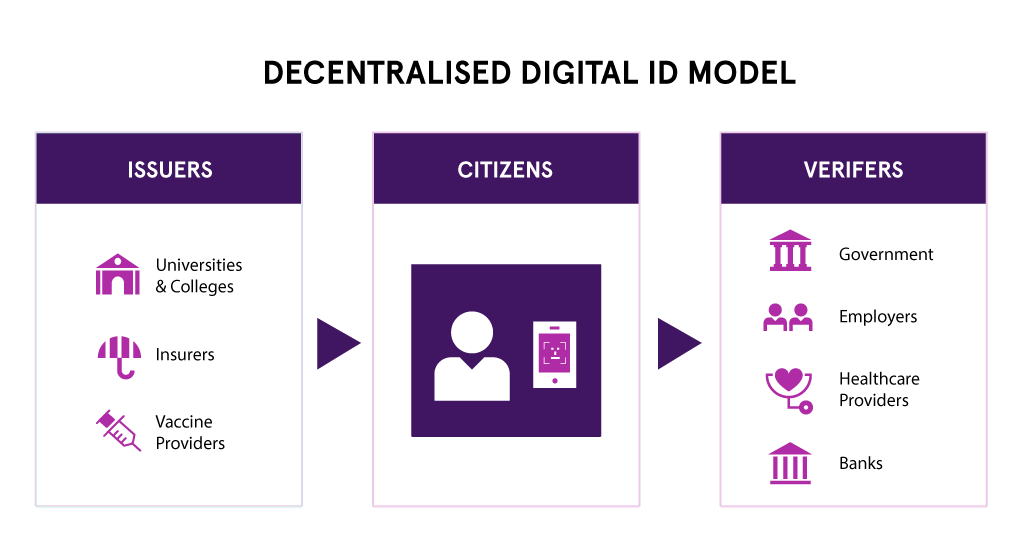Tony Blair and William Hague have called for mandatory digital ID cards in the UK as part of a “technological revolution”. In their report, the former prime minister and conservative party leader share compelling evidence that this can be done without undermining civil liberties or data privacy.
“In a world in which everything from vaccine status to aeroplane tickets and banking details are available on our personal devices, it is illogical that the same is not true of our individual public records,” they write.
Estonia has been leading the way in digital ID systems since 2003, with two-thirds of residents having digital identities which they use to access government services, operate bank accounts and even vote. India has also developed a digital identification system called Aadhaar; an efficient biometric system which has been credited with reducing government fraud by $9 billion over five years. It’s clear that digital ID systems can bring many benefits to countries around the world – so why not introduce one here in the UK?
ProofID believes that a decentralized digital ID system provides the best balance between security and personal privacy. Decentralisation means that citizens are always in control of their own digital identity; stored securely on their phone and protected by biometrics. This differs from previous proposals for digital IDs where governments maintained central databases with Personal Identifiable Information (PII).

With a decentralized digital ID system, individuals are free to prove their identity with trusted institutions such as banks or universities; allowing them to benefit from verifiable credentials such as passports or driving licenses, all without compromising their data privacy. Governments can also issue verifiable credentials such as tax certificates or qualifications directly to citizens’ digital wallets – giving citizens better control over how they share their personal data.
We believe that any new digital ID system should be built upon these decentralized principles so that individuals always remain in charge of their own identity. Whilst there will inevitably be challenges along the way to implementing a new digital ID system, we are fully supportive of Blair and Hague’s recommendation would help ensure that civil liberties and data privacy are safeguarded throughout any technological transformation of the UK.
Learn more about personal identity from our team of identity specialists.
Be the first to hear about news, product updates, and innovation from proofid








